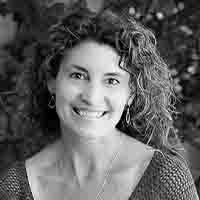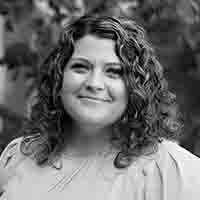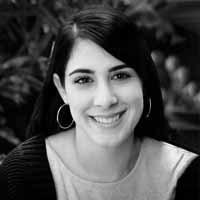Question
What is Medical Speech-Language Pathology?
Answer
Medical SLPs are professionals who practice in medical and healthcare settings as members of an interprofessional team. They provide diagnostic and treatment services for individuals with speech, voice, language, cognitive, and swallowing impairments.
A medical SLP should have foundational knowledge in multiple areas including:
- Through graduate coursework or continuing education, the following tailored content areas would provide reasonable background knowledge for someone interested in pursuing Medical SLP:
- Anatomy and physiology of speech and swallowing function; this serves as the basis for conducting and interpreting both clinical and instrumental exams.
- An understanding of typical versus atypical swallowing patterns, as well as the expected presentation of dysphagia in common clinical populations (e.g., stroke, Parkinson’s disease, ALS) or from common pathophysiologies (e.g., weakness, reduced range of motion, incoordination, involuntary movements).
- An understanding of cognitive and language domains, and how disruption to these complex processes can manifest across the spectrum of severity.
- Basic neuroanatomy and understanding of brain-behavior relationships (e.g, a lesion to Broca’s area would likely lead to aphasia; disruption to the cerebellum would likely lead to challenges with motor control, etc.).
- Counseling skills and ability to provide patient/family/interdisciplinary education
- Basic understanding of body systems, such as cardiovascular and respiratory
- Understanding of Augmentative and Alternative Communication (AAC) options, particularly with an eye to the changing needs of individuals with neurodegenerative diseases
- Basic understanding of tracheostomies, ventilator dependence, speaking valves, and voice restoration options for laryngectomy
The clinical populations encountered by a Medical SLP are remarkably diverse. Kanadet, Izaguirre and colleagues (2020) provide a chapter summarizing the clinical populations encountered by a Medical SLP and the specific roles that SLPs might play (with case examples). In general, SLPs are often asked to address dysphagia, cognitive-communication impairment, aphasia, apraxia, dysarthria, voice disorders, and so forth from a wide range of etiologies, such as:
- Acquired brain injury (ABI), e.g., from stroke or cancer
- Traumatic brain injury (TBI) e.g., from motor vehicle accident, fall, veteran combat, gunshot wound, encephalitis
- Spinal cord injuries or surgeries (e.g., Anterior Cervical Discectomy & Fusion)
- Neurodegenerative diseases, such as Alzheimer’s Disease, Parkinson’s Disease, Multiple Sclerosis, Amyotrophic Lateral Sclerosis, Huntington’s Disease, Guillain-Barré Syndrome, Dementia with Lewy Bodies, and Myasthenia Gravis
- Cancers, including esophageal, laryngeal, oral, and spinal, as well as post-cancer cognitive disorder (often referred to as “chemobrain”)
- Head and neck surgeries, such as lip, tongue, and oropharynx
- Esophageal disorders, such as gastroesophageal reflux disease and esophageal motility disorders
- Cardiac and respiratory disorders, such as patients using ECMO machines (replaces the function of the heart and lungs), or who had a Coronary Artery Bypass Graft (CABG)
- Lung transplants
- Patients requiring a ventilator or tracheostomy
- Neurogenic voice disorders
- Psychiatric disorders, such as Delirium, Functional Neurologic Disorder or Schizophrenia
- Epilepsy/neurosurgery
Because the scope of practice of a Medical SLP is far more extensive than most community members and healthcare workers realize. Beyond the traditional focus on speech and language function, Medical SLPs extend their reach to areas such as dysphagia, tracheostomy and ventilator dependence, right hemisphere cognitive-communication impairment, cognitive challenges with the dementias, and so forth. As such, Medical SLPs often need to educate patients, family members, doctors/nurses, and allied health professionals on their roles, responsibilities, and possible contributions. Often this is the first time a patient or family has heard of a communication disorder, and the SLP’s responsibility is to provide broader contextual education in addition to information about the specific diagnosis, expectations for recovery, management options, etc. Medical SLPs will also routinely face the need to advocate for their role in healthcare settings, such as the need to convince medical professionals that there are evidence-based cognitive-linguistic supports to help people with dementia even in the face of a progressive disease (Tristani, 2016).
Refer to the SpeechPathology.com course, 20Q: Becoming a Medical SLP: From NICUs to SNFs and Everything in Between, for more information on the career of a Medical Speech-Language Pathologist, including the wide range of possible employment settings, interdisciplinary colleagues, and clinical caseload considerations.



